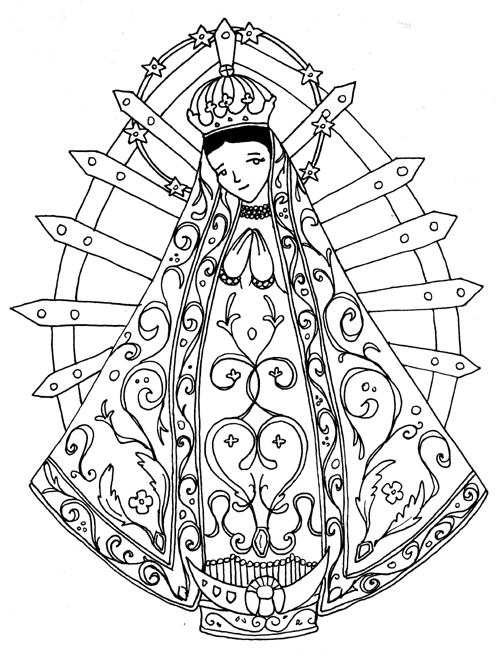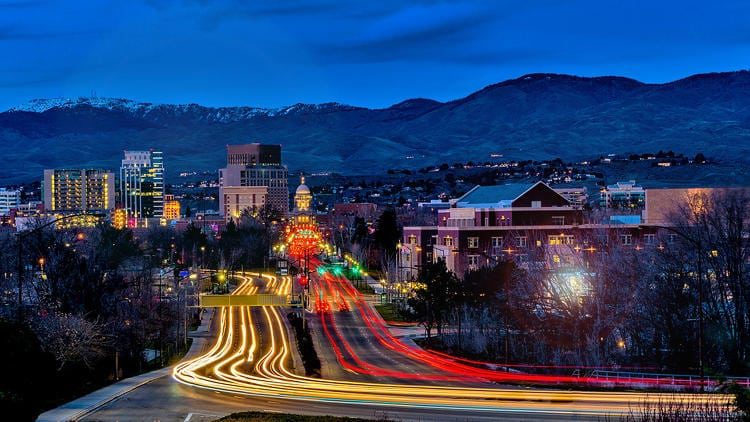
In those days there was no literary vein, it was hard to write and fill the two fateful exam sheets with thoughts that were not trivial. I was never cut out for writing, and honestly, I've had a bitter memory of it since school. I'd say it was almost a challenge to myself. How did you come up with the idea to write the book? Today I'm Senior Vice President for Thales, a large multinational company that develops artificial intelligence and machine learning systems in aerospace, telecommunications (Thales produces SIM cards in mobile phones), security and defense. Since that time the things I ventured in other jobs: another startup (in the field of high frequency trading), consulting, and board member of various startups. We were a physics and mathematics group at Stanford, working on everything, there were no defined roles, writing software, working with clients, and at the same time courting VCs, the Venture Capitalists, to get the next round of funds. An office in Menlo Park as big as a closet, IKEA furniture that we assembled ourselves, and access to Yahoo's data center, which then became our first customer. We would measure the performance of the Internet, the speed at which the various sites were reachable by users. We created our first startup it was the time of the Internet. If you move from Utah to California you can do it by driving, and even there it was an invitation, from someone who later became a dear colleague and friend. That was another one of those serendipitous "why not?" moments, in 2000. I didn't move to Silicon Valley because of its fame and its name.

These were very interesting years because these were the dawn of Big Data (which at the time was not that), where the development of new computer architectures made it possible to create increasingly precise mathematical models in all fields, from medicine to biology to economics. That was the same computer that beat Garik Kasparov, chess world champion and considered by many the greatest player of all time.īetween NY and Silicon Valley there was a stop in the middle of about 10 years at the University of Utah, where I taught and did research in the Mathematics Department. So I said to myself, "Why not?" and I ended up working in the field of quantum chemistry (which is absolutely not my specialization, since I am a mathematician) and more precisely in the team that built the first parallel computer, capable at that time of executing operations of several orders of magnitude faster than the computers of that time. It was the dawn of artificial intelligence. In New York the position was the so-called 'post-doc', which would have allowed me to work in the field of scientific research.


Then came, almost by chance, a job offer from IBM Milan and one from IBM New York. Ten years in Brescia, then near Piacenza and Aosta Valley, study in Pavia, first job in Milan. My family is from Verona, and that's where I was born not too many years ago, but I've been around a lot. Where were you born, what brought you to Silicon Valley, and what do you do now? Silvia, first of all, tell us something about you.
That's why we are grateful to Silvia Veronese for writing the beautiful book "La valle del silicio" and for being the protagonist of this interview on We the Italians, which we are particularly pleased about. These stories convey that innovation and competition are perfectly combined with Italianism, and for this reason they should be pursued and supported much more than what is done in Italy. The stories of the successful Italians in Silicon Valley have a meaning that goes far beyond the simple yet wonderful description of our compatriots who see their talent recognized in the most innovative and competitive environment in the world.


 0 kommentar(er)
0 kommentar(er)
